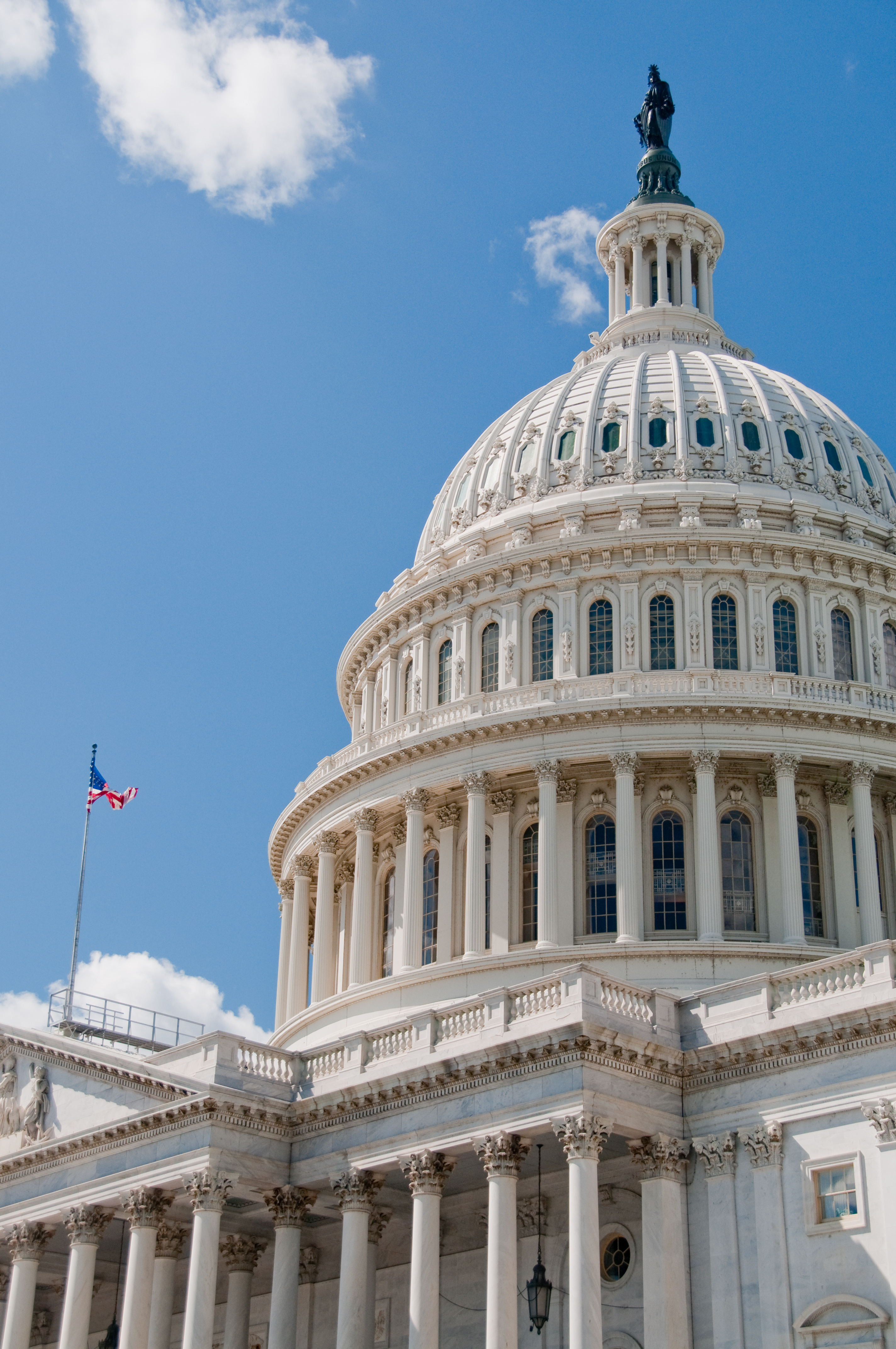House Committee Approves Clean Water Act Reform Legislation

The House Committee on Transportation and Infrastructure this week passed a package of legislation aimed at modernizing and streamlining permitting processes under the Clean Water Act (CWA). The 15-bill package proposes targeted reforms intended to increase regulatory certainty, reduce permitting delays, and improve transparency for both permit applicants and permitting agencies.
The package includes measures that could have meaningful impacts across multiple sectors regulated under the CWA—including clean water utilities— by reducing undue regulatory burdens, prevent shifting compliance expectations and increasing transparency.
While NACWA has not endorsed the full package, the Association was actively involved in drafting and supports three of the bills in the package: the Water Quality Criteria Development and Transparency Act (H.R. 3888), the Water Quality Standards Attainability Act (H.R. 3934), and the Confidence in Clean Water Permits Act (H.R. 3897). Some of these bills were included in the reform package passed last year by the House, while some are new.
The Water Quality Standards Attainability Act (H.R. 3934), which is a new addition to last year’s reform package and was introduced by Rep. Jefferson Shreve (R-Ind.), will help utilities address affordability concerns by requiring states during their triennial reviews to ensure that water quality standards applicable to waterbodies receiving combined sewer overflow (CSO) discharges provide for the use of cost effective CSO controls, as required by the CSO Control Policy and CWA Section 402(q). The bill also requires the U.S. Environmental Protection Agency (EPA) to include information concerning treatment technologies and implementation costs when developing recommended water quality criteria under CWA Section 304(a).
The Confidence in Clean Water Permits Act (H.R. 3897), introduced by Rep. Dave Taylor (R-Ohio), would codify the clean water sector’s Supreme Court victory in San Francisco v. EPA by mandating that National Pollutant Discharge Elimination System (NPDES) permitting requirements only include clear, objective compliance obligations. The bill would also clarify the scope of the “permit shield” provision found at CWA Section 402(k) by codifying EPA’s longstanding policy, which states that the shield protects NPDES permit holders from CWA liability for discharges of even those pollutants not expressly listed in a permit or permit application, provided that the permit holder clearly identified the relevant waste streams during the permitting process. This clarification is important to ensure that good-faith permit holders are not held to be unlawfully discharging pollutants that were not addressed by their permit writer, such as emerging contaminants not yet subject to water quality standards.
The Water Quality Criteria Development and Transparency Act (H.R. 3888), introduced by Rep. Burgess Owens (R-Utah), establishes a more transparent procedure for the development of EPA’s recommended CWA Section 304(a) water quality criteria, which are often adopted by states and ultimately used to develop NPDES permitting obligations. Specifically, the bill would provide for Administrative Procedure Act notice and comment processes in the development of 304(a) criteria, and would subject any final criteria to limited judicial review under CWA Section 509(b), which will help ensure that clean water utilities and other interested parties are able to fully participate in the development of these key criteria, and that EPA is required to account for legitimate concerns raised during the development process.
NACWA will continue to engage with Congress and stakeholders as these bills advance and will keep members updated on opportunities to support responsible permitting improvements that benefit clean water utilities and the communities they serve.
Members with questions may contact Matt McKenna, NACWA’s Director of Government Affairs.